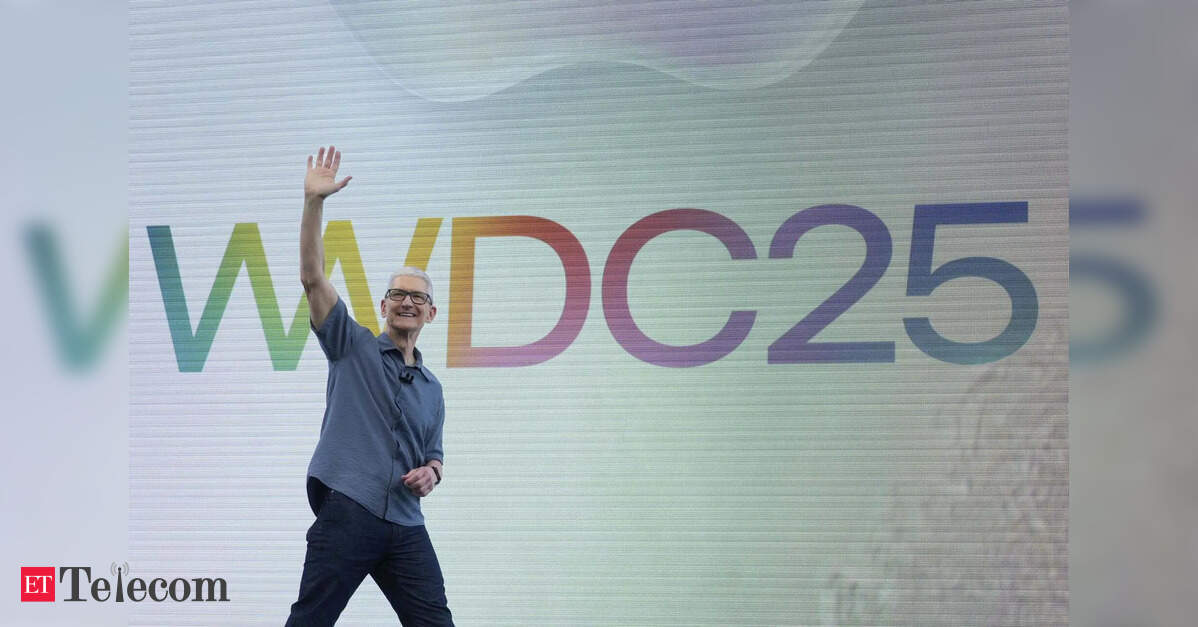Personal Account: Fixing AI-Induced Issues

Generative artificial intelligence (AI) has rapidly gained traction in the business world, with companies increasingly turning to systems like OpenAI's ChatGPT and Google Gemini to streamline operations, cut costs, and save time. Research by the Federation of Small Businesses indicates that over a third (35%) of small businesses plan to expand their use of AI within two years, a figure that rises to 60% among those targeting rapid sales growth. This widespread adoption is fueled by the promise of enhanced efficiency and innovative business practices.
However, the enthusiastic rush to implement AI tools has frequently led to unforeseen challenges, unexpected costs, and increased workloads, as highlighted by various professionals. Sarah Skidd, a product marketing manager and copywriter for tech and start-up companies, found herself approached by a content agency to urgently rework website copy that had been produced by generative AI. What was intended as a cost-saving measure resulted in content that was "very basic" and "vanilla," lacking the intrigue necessary for effective sales. Skidd spent approximately 20 hours rewriting the entire piece, charging $100 (£74) per hour. Despite the rise of AI, Skidd remains confident that skilled writers will not face job insecurity, noting that many writers are now primarily engaged in correcting AI-generated content. She acknowledges AI's potential as a valuable resource, particularly for individuals with dyslexia, stating that "anything to help somebody to write; it can be lifechanging."
The experience of Sophie Warner, co-owner of Create Designs, a digital marketing agency in Hampshire, UK, mirrors these concerns. In the past six to eight months, she has observed a surge in clients seeking assistance after encountering problems with AI-generated solutions. Clients, instead of consulting professionals, frequently turn to ChatGPT, leading to instances where they add faulty code to their websites, causing crashes and increasing vulnerability to hackers. Warner recounts a client who, by using ChatGPT for instructions instead of manually updating an event page (a 15-minute task), incurred a cost of approximately £360 and suffered three days of business downtime. This issue extends to larger clients as well, necessitating an increased focus on educating clients about the repercussions of AI misuse. Often, agencies like hers must levy investigation fees to diagnose issues, and the rectification process typically takes far longer than if professionals had been consulted initially.
Prof Feng Li, associate dean for research and innovation at Bayes Business School, attributes these issues to an overly optimistic view of current AI capabilities. He emphasizes that AI is prone to "hallucinate," producing irrelevant, fabricated, or inconsistent content. "Human oversight is essential," states Prof Li, warning that "poor implementation can lead to reputational damage and unexpected costs – and even significant liabilities, often requiring rework by professionals." He stresses that companies must evaluate their existing data infrastructure, governance processes, and in-house capabilities before relying on off-the-shelf AI tools, as a lack of understanding regarding their limitations can lead to poor outcomes.
Similarly, Kashish Barot, a copywriter in Gujarat, India, specializing in editing AI-generated content for US-based clients, focuses on making it sound more human and eliminating robotic sentence patterns. She notes that while clients appreciate the speed of AI, this has created unrealistic expectations about content creation. "AI really makes everyone think it's a few minutes work," says Barot, explaining that quality copyediting, like writing, demands human thought and an understanding of nuance, which AI, being a data curator, often lacks. While OpenAI acknowledges that ChatGPT can assist with a broad array of tasks, it cautions that results vary based on the model used, the user's experience with AI, and the quality of the prompt. Different versions of ChatGPT also possess varying capabilities for diverse tasks.
Despite the rapid improvements expected in AI, Warner expresses a mixed outlook. She states that while AI may seem like a quick and affordable option, it rarely considers unique brand identity, target demographics, or conversion-focused design. Consequently, much of the AI output appears generic, potentially damaging a brand's reputation or effectiveness. Warner concludes that although "AI can be a helpful tool, it simply cannot replace the value of human expertise and context in our industry."
You may also like...
Diddy's Legal Troubles & Racketeering Trial

Music mogul Sean 'Diddy' Combs was acquitted of sex trafficking and racketeering charges but convicted on transportation...
Thomas Partey Faces Rape & Sexual Assault Charges

Former Arsenal midfielder Thomas Partey has been formally charged with multiple counts of rape and sexual assault by UK ...
Nigeria Universities Changes Admission Policies

JAMB has clarified its admission policies, rectifying a student's status, reiterating the necessity of its Central Admis...
Ghana's Economic Reforms & Gold Sector Initiatives

Ghana is undertaking a comprehensive economic overhaul with President John Dramani Mahama's 24-Hour Economy and Accelera...
WAFCON 2024 African Women's Football Tournament

The 2024 Women's Africa Cup of Nations opened with thrilling matches, seeing Nigeria's Super Falcons secure a dominant 3...
Emergence & Dynamics of Nigeria's ADC Coalition

A new opposition coalition, led by the African Democratic Congress (ADC), is emerging to challenge President Bola Ahmed ...
Demise of Olubadan of Ibadanland
Oba Owolabi Olakulehin, the 43rd Olubadan of Ibadanland, has died at 90, concluding a life of distinguished service in t...
Death of Nigerian Goalkeeping Legend Peter Rufai

Nigerian football mourns the death of legendary Super Eagles goalkeeper Peter Rufai, who passed away at 61. Known as 'Do...




